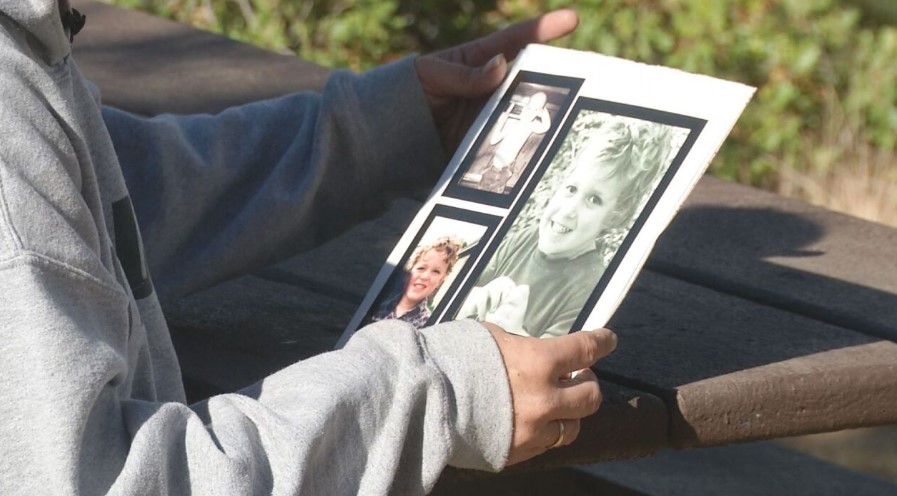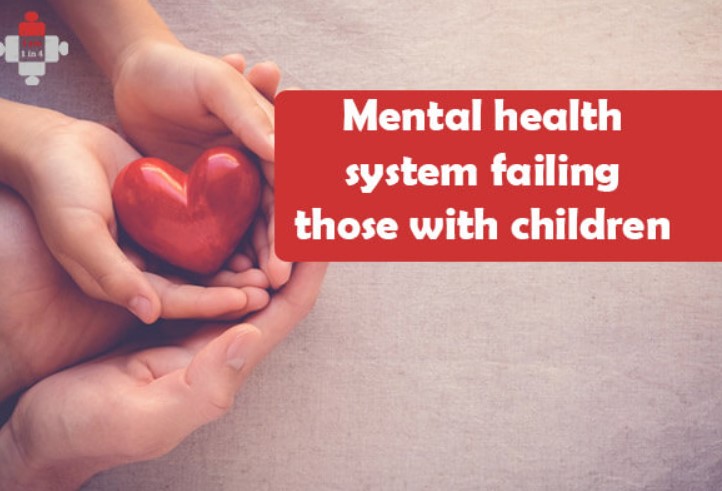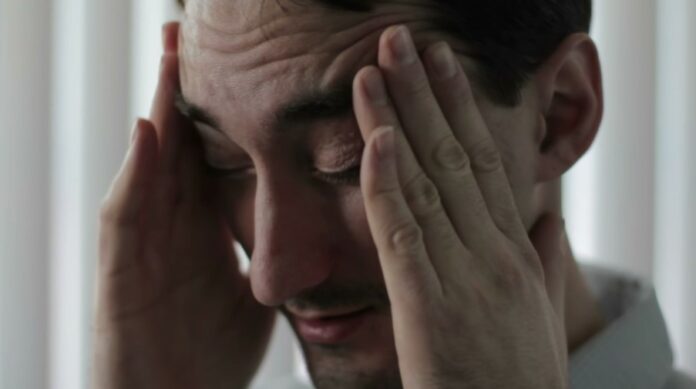The phone call I’d been dreading for years came on February 25: my brother Louis had passed away.
Just hearing that left me speechless. About 48 hours ago, we were on the phone.
My sister and I had tracked down a treatment that would address his manic depression, anxiety, and alcoholism all at once, rather than just one of these issues at a time. There was finally reason to believe that Louis would receive the care he deserved.
His final message to us said, “Tell everyone I’m going to do this.” This, he meant, was to resume living. Get back to it. Reestablish positive connections with others. This kind of thing is taken for granted by most people, but for Louis, it is a transitory gem.
We were told by the coroner that our brother had an enlarged heart, which is a medical red flag. Louis has a big heart, that much was clear from the start. When I was a baby, supposedly only Louis could calm me down enough to sleep.
He was seven years older than me, and he made it his mission to cuddle me as much as possible. His mother loved him dearly, but she could no longer manage his frequent depressive episodes, so she sent him to live with his father.
Louis’s problems only became worse in that setting; he began drinking at the age of 13, and by the time he was 16, he was a full-fledged alcoholic.

Our blue collar, hardworking immigrant parents never anticipated that their son would suffer from manic depression, anxiety, and bipolar illness. They, like everyone else in his environment, assumed he was just a disturbed, defiant teen.
Also Read: Man Shot During Dispute On Manhattan Subway: A closer Look At The Incident
But, Louis’s medical professionals weren’t any better, since they too missed an early diagnosis of his mental condition. Despite the fact that professional help may have been available, our family chose to ignore his issues because of the societal shame and stigma associated with mental illness.
The tragic thing is that my brother’s experience isn’t unique. An estimated 7.7 million American children and adolescents, or around one in seven, suffer from a diagnosable mental health issue. Nevertheless, a 2016 analysis in JAMA Pediatrics found that only 50% of these children and adolescents really receive the care they require.
My brother was a child in the 1970s and 1980s, so I can only speculate as to the severity of the issue during his formative years.
We finally got a respite after two weeks. My brother got accepted into an affiliated inpatient treatment in Orlando because to the efforts of my sister, who works for a behavioural health agency.
Also Read: Tragic Crown Heights Fire Claims Life Of Former NYPD Officer
The programme offers free treatment for Louis’s addiction and mental health problems. It seemed unthinkable to us. The idea was so unbelievable to him that he had to express it. On the other hand, that was the opportunity of a lifetime.
It’s too bad it took twenty years of drinking, ten trips to the emergency room, five appeals to Medicaid, and seven rejections to get help. Louis could still be alive today if his anxiety and bipolar disease had been properly recognised and treated decades ago.
There are hundreds upon thousands of Americans who fall through the holes of the behavioural health care system, and I recount my brother’s story to humanise this statistic. Those of us in the medical field need to pay more attention to spotting the signs of mental illness in patients, especially when those symptoms are being covered up by addiction.
Taking this step will not only help those struggling with mental health difficulties feel better emotionally, but it will also benefit their physical health.
Mental illness is often a comorbidity and contributing factor to chronic disease, such as the alcohol-induced organ failure that killed my brother or the untreated depression that keeps people from taking their medicine, exercising, or maintaining a balanced diet.
Investing in prevention rather than treatment later on will save the U.S. healthcare system billions of dollars.
You can expect some difficulty with this. Watching for symptoms of mental illness and prioritising treatment without shame or embarrassment will take a team effort from loved ones and clinicians across the care continuum.
It also requires keeping in mind the patients’ cultural and social contexts, which may heighten their vulnerability to mental health problems or their propensity to try to deny or dismiss their condition (as my brother did).

For as long as I can remember working in health care data analytics, I’ve been told how crucial it is to learn about the impact of socioeconomic and behavioural risk factors on patient outcomes.
To what extent must we be reminded that these determinants account for 80% of health outcomes before we allocate resources to create initiatives that address them? Despite my sister’s and my best efforts to protect him, my brother fell victim to these dangers. Where do folks who come from less fortunate backgrounds go?
Early intervention for mental health issues in children requires better behavioural health resources in schools and education for parents on how to spot the indicators of their child’s mental decline.
The United States should also give regular funding for training and instruction for health care workers on how to spot the indicators of mental illness and how to treat patients with empathy and understanding. Saying “that’s not my problem” is not an acceptable response from a case manager.

